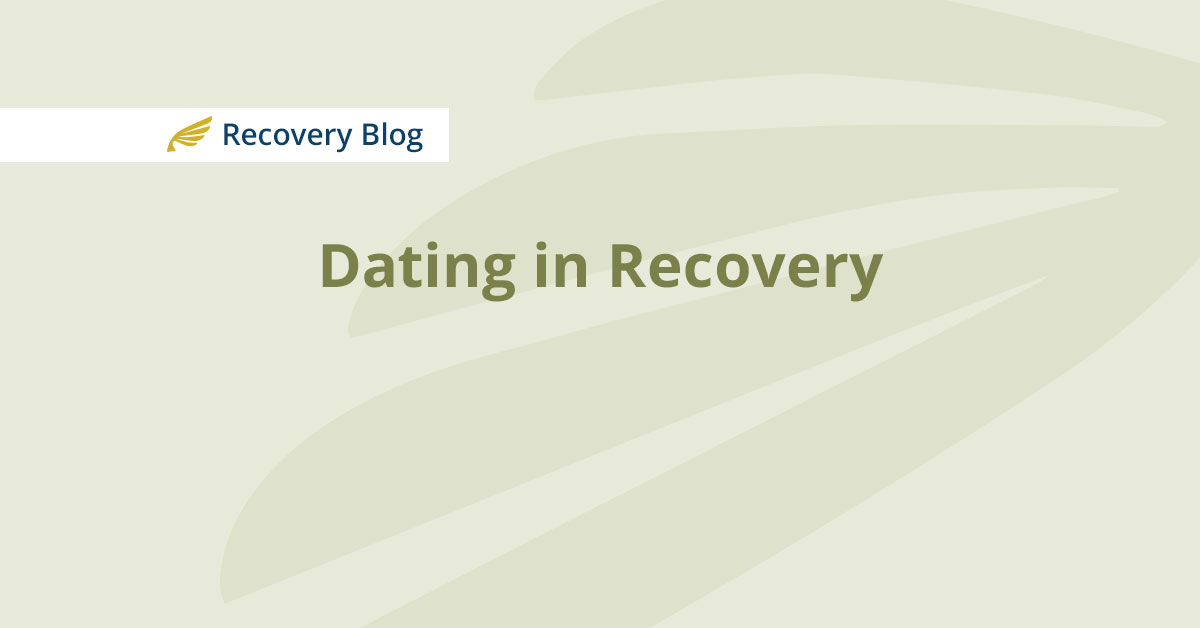Tips for Having a Sober Halloween
If you love Halloween festivities, and are newly sober, you may be worried that sobriety will cause...

There is an unwritten rule against dating during addiction recovery. Recovery programs commonly recommend abstaining from dating the first year. Recovery is all about healing and learning how to live without substance use, and that first year of sobriety can be a challenge. Navigating the dating scene or starting a new relationship while working through recovery is a recipe for disaster.

At the beginning of a new relationship, we are inundated with emotions — thrilling highs and lows. Learning to manage emotions is one of the greatest challenges of recovery since drugs and alcohol are typically used to numb emotions.
The rush or highs of dating can be intoxicating, literally. Those fresh out of recovery may be susceptible to that intoxicating feeling which can lead to substituting one addiction for another. Infatuation can be mistaken for love. Thus, someone could fall victim to the pitfalls of dating because they have not fully resolved their emotional issues of seeking things outside themselves to fill a void within.
Developing an unhealthy attachment to someone can also derail recovery efforts. Within that first year of recovery, one is still emotionally unstable and unhealthy. If you are emotionally unhealthy, then you are likely to attach to other unhealthy people. People in recovery often look to others to rescue or fix them. It can be especially burdensome to put your emotional baggage on your partner, making forming a healthy relationship impossible.
Once you have successfully completed treatment and waited a year, you will have a better chance of picking the right partner. Recovery programs help people to develop coping skills and to seek comfort within themselves rather than with drugs or relationships.
The first year of recovery is the most difficult. This is the time to focus on yourself and work the treatment program. Dating is a distraction to be avoided. Here are ways to stay on track:
You owe it to yourself, and to your future partner, to have a recovery support network in place before starting a relationship. Recovery is a period of healing, self-discovery, and self-improvement. In time, you will be able to begin a new relationship as a much better version of you.
At Aquila, we are dedicated to helping you throughout your journey from beginning to end and beyond. Reach out to us today, and we will be there for you every step of the way!
If you love Halloween festivities, and are newly sober, you may be worried that sobriety will cause...
What are the benefits of going alcohol-free for 30 days? And what actually happens to your body...
Addiction is a lonely and difficult journey, but you don't have to be alone on your road to...